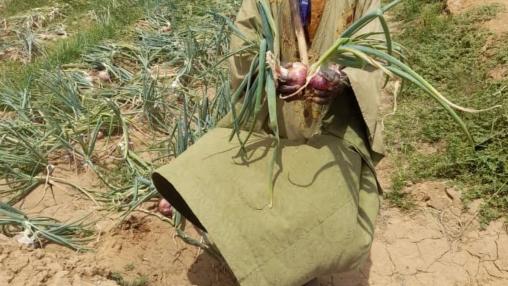
Survey: COVID-19’s varied impacts on fresh fruit and vegetable supply chains in Senegal
In response to the COVID-19 pandemic, Senegal declared a state of emergency on March 23, 2020, followed by a range of policy measures to prevent the spread of the coronavirus: Transport was significantly restricted, wet markets were closed, and shops were required to limit their hours. These moves disrupted food supply chains, in particular those of highly perishable products such as fresh fruits and vegetables (FFV).
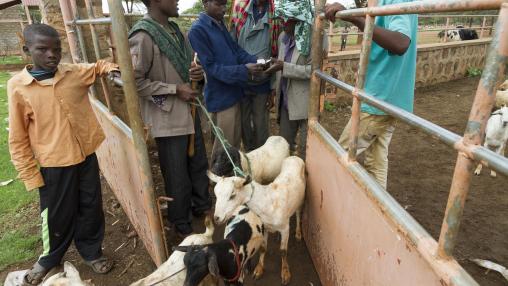
Policy-induced market distortions along agricultural value chains: Evidence from Ethiopia and Nigeria
This post originally appeared on IFPRI.org

Acute Food Insecurity Spreads Across Africa: 2021 Global Report on Food Crises
The number of people around the world facing severe food insecurity skyrocketed by 20 million in 2020, according to the 2021 Global Report on Food Crises, released earlier this month. Acute food insecurity now affects at least 155 million people across 55 countries/territories, with some regions facing famine-level hunger.

Policy responses to COVID-19: What worked and how to build resilience for the future
The COVID-19 pandemic has presented countries with enormous policy challenges. Policymakers have had to balance limited resources between health, food systems, and economies in a continually evolving public health emergency and an associated recession. Low-income countries have faced especially difficult choices because of their limited budgets and administrative capacity.
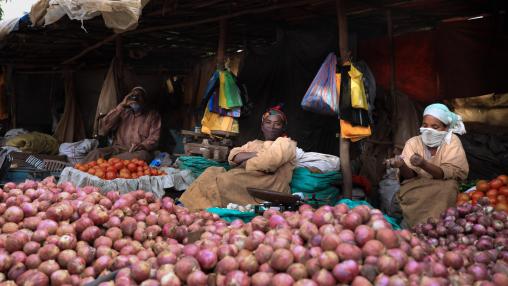
Food systems approach critical to COVID-19 recovery
While Africa south of the Sahara has largely avoided severe health impacts of the COVID-19 pandemic (fewer than 5 percent of globally confirmed cases and approximately 89,000 COVID-related deaths), the region is experiencing economic fallout due to national and global pandemic policy responses. Economic growth, value chain functioning, incomes, trade, poverty, and consumption have all been negatively affected, according to IFPRI’s 2021 Global Food Policy Report.
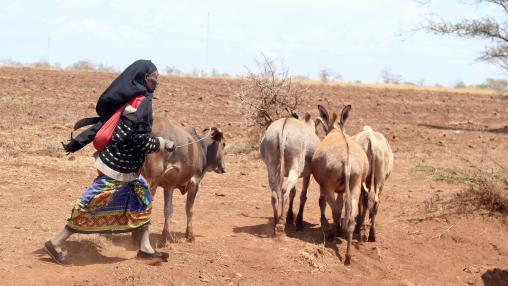
Abnormal Dry Weather and Ongoing Conflict Pose Food Security Challenges throughout Africa
Africa South of the Sahara is currently experiencing several regional challenges to food security, according to FEWS Net. These include two of the most common drivers of increased food insecurity: conflict and weather-related shocks.
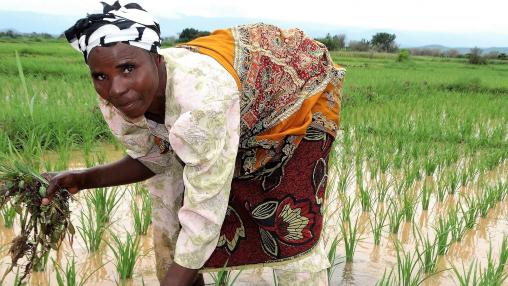
Food security in the face of COVID-19: Evidence from Africa
Food security has been a significant concern for Sub-Saharan Africa (SSA), even before the onslaught of challenges brought about by COVID-19. As the pandemic started spreading to the region, one concern has been that of its possible impacts on food security, as the crisis has the potential to exacerbate an already fragile food security environment.
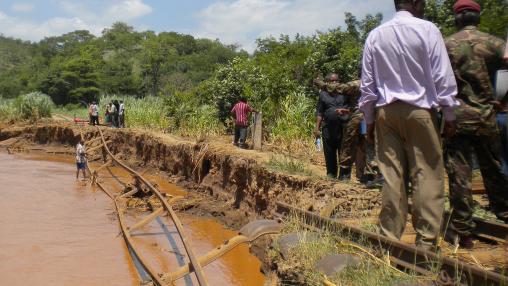
Current Weather Hazards in West and East Africa
Africa south of the Sahara has faced several weather hazards during the first half of June, according to FEWS.Net.
In West Africa, between June 19 and 25, heavy rainfall followed several weeks of above-average precipitation. This led to flooding in several areas, including parts of Ghana, southern and western Nigeria, eastern Senegal, western Mali, Burkina Faso, and eastern Chad. In the coming 10 days, these and other areas of West Africa are expected to receive continued moderate to heavy rainfall, maintaining increased risks for flooding.